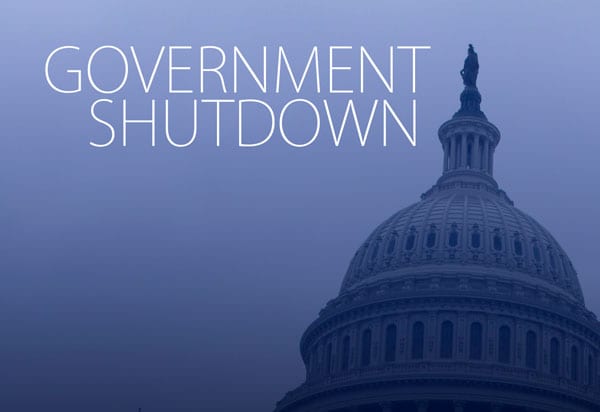
January 9, 2019; New York Law Journal
One consequence of the government shutdown may be a surprise benefit to nonprofits in that they may have a better chance at talented law students to bring into their organizations for externships. Those hundreds of students who would likely be shadowing leaders in federal organizations as part of their studies this spring are now in a holding pattern.
The last time law schools had the problem of shuffling externships was in 2013 for a shutdown mid-semester in October for 17 days. While most will still graduate on time, it may also be that the shutdown turns the law students away from pursuing careers in public service. Rachel Pauley, who manages the DC externships for Columbia Law School, says, “These shutdowns not just only undermine the public confidence, but I also think it derails bright young law students from entering government service.”
Nonprofits that assist with immigration legal issues or provide counsel for low-income tenants in eviction cases can provide the law students externships in the trenches, as can the ones Columbia lists on its website in their fall offerings—the Legal Aid Society and a new Knight First Amendment Institute.
William Yeomans, who teaches an ethics course that precedes Columbia Law externships, says, “I think it will be a real shame if students miss out on that experience. It upsets me horribly,” adding, “I think what’s going on is an exercise in irresponsibility. The government should never be shut down.”
Columbia is opening the one-week ethics course to students in other institutions, such as the University of California system, while they all wait for some conclusion to the shutdown.
Sign up for our free newsletters
Subscribe to NPQ's newsletters to have our top stories delivered directly to your inbox.
By signing up, you agree to our privacy policy and terms of use, and to receive messages from NPQ and our partners.
Students at Cornell Law School who are doing their externships with NGOs, or New York State courts and government offices, are not affected, but those that have spots with the federal court are concerned that they could close, according to Andrea Mooney, who oversees the program for Cornell. The dean of Cornell Law School, Eduardo Peñalver, is hopeful that the students would still seek public service jobs. “I would wager that it will take more than a government shutdown—even a long one—to deter them from pursuing their chosen career path,” he says.
Melinda Saran, vice dean for social justice initiatives at the University at Buffalo School of Law, points out that this delay will also extend the time needed to process security clearances. Saran speculates that some students could be inspired by the ethics of US Attorneys still on the job without being paid.
Just down the road from Congress, DC’s George Washington University Law School has between 50 and 60 students impacted by the shutdown—about half of the semester’s externships. The federal judiciary has another week’s worth of funding before it will have to close.
Many students across the country are not waiting, but instead are hurrying to apply at nonprofits for their real-world job experience. Jessica Heywood, who runs Georgia’s program, shares concerns that a long shutdown will sour some students from pursuing careers in public service. Heywood says they are reaching out to alumni to provide externships in nonprofits and agencies unaffected by the shutdown.
The federal student loan program, the largest funder for law schools, has not been affected. The University of the District of Columbia David A. Clarke School of Law is the only public law school for Washington, but it remains open with an exemption provided to the District of Columbia.
Nonprofits may want to take advantage of the situation. Rather than wait for desperate law students to show up at their door—or someone else’s—pursue those students and demonstrate how rewarding shadowing an NGO executive director can be.—Marian Conway













